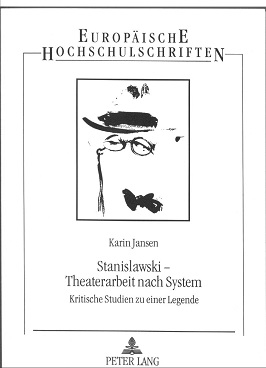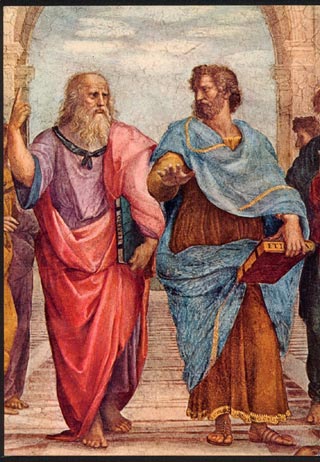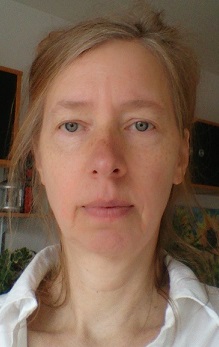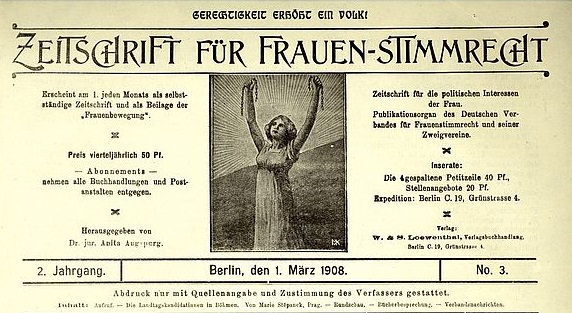In Germany these days, groundbreaking historical events are celebrating their 100th anniversary. They still shape our social and political life today, which the vast majority of us can not or do not want to imagine differently. And rightly so, because democracy, peace and equal rights are essential pillars of a humane society. It has with them are not always the best everything, but without it I can not.
For November 1918, the following three events should be mentioned:
1. the proclamation of the first German republic on 9.11.1918 by the SPD politician Philipp Scheidemann. It went hand in hand with the abdication of the German Kaiser Wilhelm II, the many princes and the kings of Prussia and Bavaria in the German Empire, and at the same time with the establishment of the first parliamentary democracy on German soil. 2. ended a murderous fatal war, the First World War on 11.11.1918 by a truce. 3. the general right to vote and stand for women was announced on 12.11.2018, which is self-evident today as well as parliamentary democracy.
The accumulation of these historical commemoration days does not come by any chance. This time, about 100 years ago, was a troubled, revolutionary time, not only in Germany but throughout Europe, and indeed in other parts of the world. Industrialization with its new technologies made mass production and thus an initially booming global economy possible. These developments set deep political, social and emancipatory upheavals in motion. The bourgeoisie and the newly emerged working class, the proletariat in the cities, but also in the countryside demanded participation in power over aristocracy and the empire in order to claim their legitimate interests in fair pay, social security, education, codetermination etc.
Women desire their participation in state life
Women, too, increasingly demanded their participation in state life, and thus more rights, which they enjoyed far less than the male population. In the general liberal and revolutionary discourses, their freedom was not automatically meant. Already since the 19th century had women in Germany and in other industrialized countries, citizens as workers fought tenaciously for their independence and autonomy and demanded equal rights. As late as 1848, only male owners aged 25 and over were represented in the election for the National Assembly in the Paulskirche in Frankfurt. This was the current state of affairs in ancient Greek democracy more than 2,000 years ago, in which the right to vote was also only available to free men aged 25 years and over. For a long time nothing had changed, as we can assume :-(
For women there was not only no right to vote, but also no right to possession or gainful employment and in many German countries was until 1908 even a policy ban. The married bourgeois women were virtually forbidden from public life outside the home. Many of the active women lived in Berlin, as well as the writer Hedwig Dohm (1831-1919), who was the first woman in the German Empire finally proclaimed that the right to vote for women must be called. Since 1872 she published pamphlets, with demands for bourgeois women as well as workers and rural women.
Women organized in Germany and internationally. In the more liberal Hamburg, three women founded the first association for women's voting rights with its own club newspaper "The Women's Movement", which also published a monthly supplement "Zeitschrift für Frauen-Stimmrecht" (Magazin for women's suffrage). In March 1911, women's suffrage was again loudly demanded on the first International Women's Day. There were women from Denmark, Austria, Switzerland and the USA. In the following years, women from France, Sweden, the Netherlands and Russia joined. In Germany and some neighboring countries, however, it should take another 7 years until the time had come. In others like France and Switzerland, it took much longer.
In the context of patriotism and militarism versus social democratic versus socialist groupings
During this time, the First World War raged, in which the patriotic Germans in 1914 at first drew full of enthusiasm and should be done quickly. It came, however, differently. The conflict between the European nation states ended in a long bloody and exhausting war. The militant, imperial Germany acted increasingly aggressively regardless of losses, but had to give up after the US attacked them. They asked for a truce, which was granted on 11.11.1918 by the Allies. The war was over, but he left battlefields with more than 9 million dead, hunger and misery. By the way, I praise Albert Einstein, who from the beginning was one of the few voices against this war, unlike many of his colleagues.
This continuing unbearable war situation also led to increased resistance and revolutionary uprisings, to the formation of soldiers and workers' councils. For a long time now, as in Russia, a strong socialist party has been formed in the working class in Germany, which has helped shape the politics of the republic, peace and antimilitarism as well as the emancipation of women.
Peacefully and amicably, however, these conflicts did not proceeded. This is also evidenced by the fact that the socialist politician Karl Liebknecht proclaimed the republic on the same day as Scheidemann, but that was not effective. Then as today, there were different ideas about how this new republic should be, even left-wing splits in the SPD there was already at that time. Some things seem to last forever ;-)
Only in the course of these chaotic, partly revolutionary, civil-warlike events was the proclamation of the first German republic and one day after the end of the already-lost war proclaimed by the Council of People's Deputies, the general passive and active suffrage of women. In Germany earlier than in some other European countries.
On January 19, 1919, the women were able to go to the polls for the first time in the election to the German National Assembly, as we are used to today and can be elected by ourselves.
We benefit to this day from these brave people
To this day, we, women and men, benefit from the struggles of these women, including those men who fought for a parliamentary democracy, against a devastating militarism and instead for peace and justice and gender equality. And the saying of Hedwig Dohm comes true: "There is no freedom of men unless there is a freedom of women." Likewise, I would like to add the freedom of women needs the freedom of all men, how we can exemplify these historical events. None of these social advances is self-evident, as we must rediscover 100 years later today. Peace, justice and equality are achievements that, even today, are not appreciated by all but at least by the majority. #we are many, we are more and that will stay that way. There remains enough material for arguments. 







